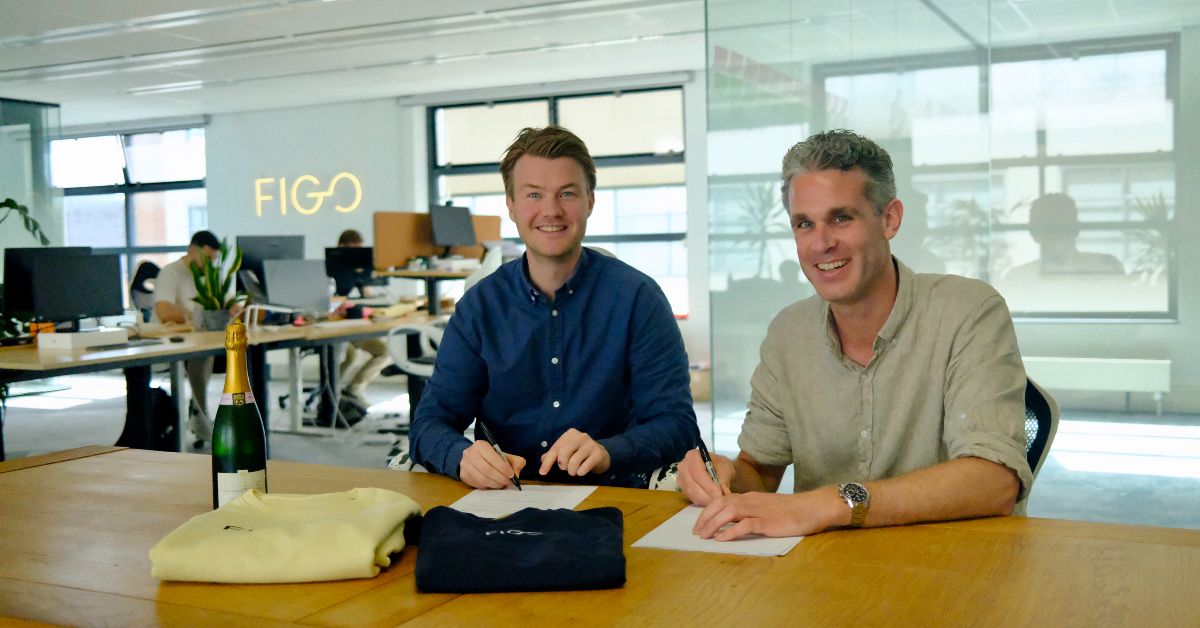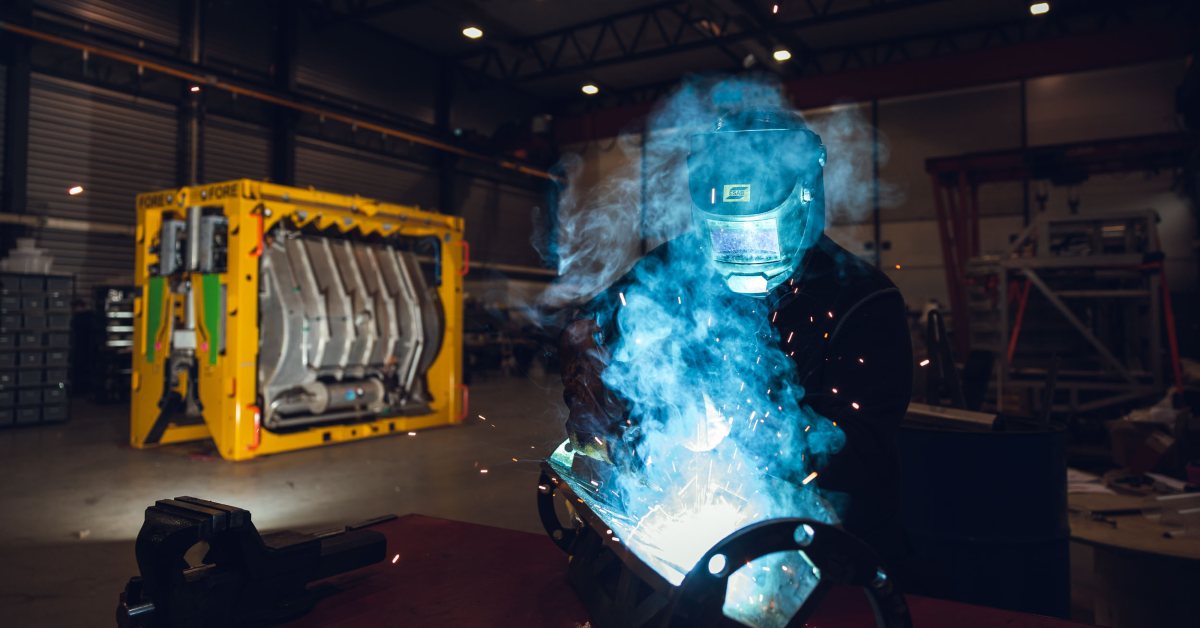Arnhem, the Netherlands-based Angstone announced on Thursday, September 21, that it is developing Luna Glasses to help people with night blindness see in the dark.
These specialised glasses aim to improve vision in low-light conditions.
This support is crucial for the further development of Luna Glasses, which could significantly enhance the quality of life for individuals with night blindness.
Investors supporting Angstone
The project has received funding from Oost NL’s ION+2 fund, which is funded through the REACT-EU programme.
The REACT-EU programme is an initiative of the European Union aimed at supporting a green, digital, and resilient recovery of regional economies by providing financial resources.
Additionally, Angstone has received investment from the Bartiméus Fund, Rising Star Venture Partners, and Neosera.
Robin Tjass, Tech investment manager at Oost NL, says, “During the development of the Luna Glasses, extensive research was done into the needs of the target group: inconspicuous glasses that help people avoid obstacles in the dark.”
“With the Luna Glasses, Karst and his team have found an innovative solution that enhances the living environment of people with visual impairments. It is precisely these types of technological discoveries with a major social impact that we want to take a step further at Oost NL,” adds Tjass.
Luna Glasses
In the Netherlands, around 300,000 people have visual impairments, with 70 per cent of them struggling with independent mobility. Luna Glasses aims to address this challenge by enabling individuals with night blindness to move independently in low-light conditions.
Angstone claims this improved mobility can lead to better employment prospects, increased social interaction, and an overall enhancement in their quality of life.
CEO Karst Hoogsteen says Luna Glasses are designed to help people with night blindness see in the dark, providing them with increased independence and mobility.
“The glasses have a built-in camera, computer and projector. The images from the camera are processed within a fraction of a second with a night vision algorithm, after which they are projected into the glasses. This creates an Augmented Reality that allows people with night blindness to see again in the dark,” adds Hoogsteen.
Funding for development from prototype to product
Angstone is using the financing to advance its product one step further.
CEO Hoogsteen says, “There is currently a working prototype, but we need to get glasses that are ready for sale. Financing is needed to take that step.”
“Oost NL really went through our proposition with a nit-comb and certainly did not make it easy for us. With many discussions about the technology, the market and the business case, we explored all aspects of the proposition.”
“We ultimately even had the luxury of choosing between investors, after which we jointly put together a strong consortium. Through the business angel network of Oost NL, we came into contact with people who, in addition to some financing, also want to take on the role of mentor or coach.”
“This is crucial for a young team like ours, the knowledge and experience they bring cannot be obtained from a book,” adds Hoogsteen.
Partnership with expertise organisations
Angstone has partnered with ZIGN Innovations, an experienced company in the development and production of medical devices, to work on Luna Glasses.
Additionally, Angstone also collaborated with interest group the Eye Association and expertise organisation Bartiméus to ensure a deep understanding of the needs of the end users.
While the initial launch of Luna Glasses will be in the Netherlands, the long-term ambition is to make these glasses accessible to people with night blindness worldwide. The development timeline aims to have the first Luna Glasses ready for use in approximately 2.5 years.











01
From telecom veteran to Dutch Startup Visa success: The Jignesh Dave story